At NeuroTribe UK, we recognise that while diversityThe deliberate inclusion in a group or activity of people who are, for example, of different cultures, gender identities, sexual identities, ages, financial statuses and religions. in your workforce is essential, it is inclusionThe act of including a person as part of a group with equal opportunities, equity and resources, who might otherwise be excluded or marginalised. that enables employees to thrive within a cultureThe characteristics and knowledge of a particular group of people, including religion, food, clothing, language, music, arts, social habits, and other factors. that values and respects differences. Our workshops are designed to foster a decolonised learning environment, facilitating knowledge of both equityWhen all groups are given access to the same opportunities and the specific appropriate resources for them to be able to access those opportunities: Equity recognises that the exact resources needed by each person or group to achieve equal outcomes and opportunities may differ. and equalityWhen all groups are given access to the same opportunities and resources.. We provide immersive training and thought-provoking online sessions that harness the wisdom of The Group, and create safe yet challenging spaces for practitioners to grow, enhancing their reflective capacity and reflexivity.
In an increasingly polarised world, our learning spaces encourage creative exploration, dialogue, and the development of nuanced perspectives that acknowledge the complexity of issues. Our programmes are suitable for organisations and leadership teams, as well as practitioners working individually or in groups with vulnerable or marginalisedWhen a person, group or concept is treated as insignificant, inferior, isolated or unimportant. populations, particularly concerning raceThe concept of categorising people into groups that are generally linked to their own or their ancestor’s place of birth, usually defined by shared physical qualities, such as skin colour, nationality, and ethnicity. For example, Black, Asian, Aboriginal, African American, Native American, White, Māori, Pacific Islander, or other races., socioeconomic statusThe social standing of an individual group or person, which combines education, income, occupation and other social and economic factors to determine their ranking or privilege in society., and neurodiversityHow human brains and minds differ. The Neurodiversity Movement is an approach that seeks equal rights, respect and inclusion for neurodivergent people who have conditions like autism, Asperger’s syndrome, dyslexia, dyscalculia, dyspraxia, ADHD, OCD or Tourette Syndrome.
For unincorporated groups and associations, we offer a Radical InclusionThe act of including a person as part of a group with equal opportunities, equity and resources, who might otherwise be excluded or marginalised. policy, allowing individual participants and associatinons to self-select a fee that aligns with their circumstances. Our compassionate, evidence-based training equips your staff, practitioners or community activists with the awareness, skills, and knowledge needed to cultivate inclusive environments.
Book a free, no-obligation exploratory call with us today to discover how we can support your organisation’s journey towards genuine inclusionThe act of including a person as part of a group with equal opportunities, equity and resources, who might otherwise be excluded or marginalised. and equityWhen all groups are given access to the same opportunities and the specific appropriate resources for them to be able to access those opportunities: Equity recognises that the exact resources needed by each person or group to achieve equal outcomes and opportunities may differ. .
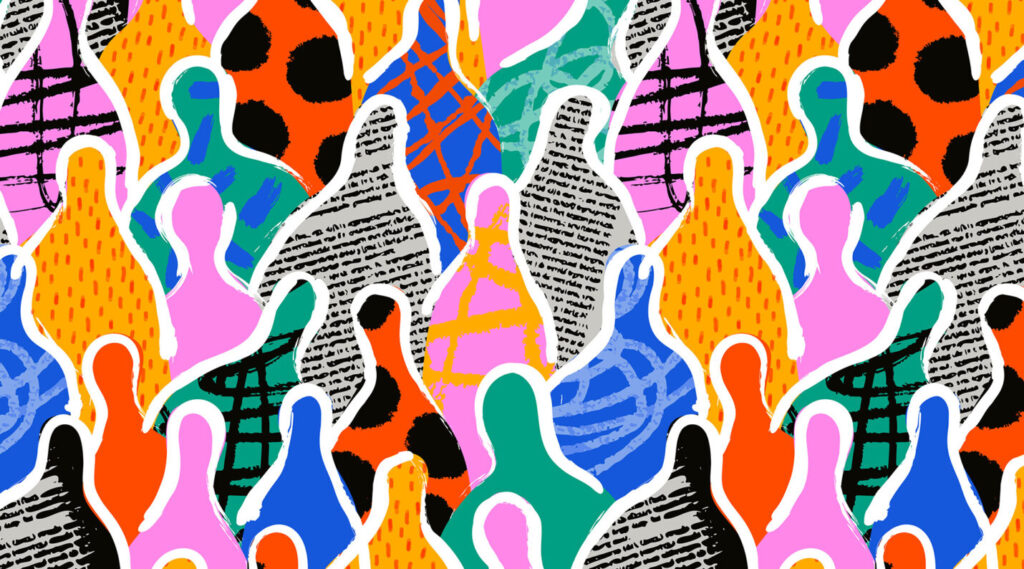
“The course was well adapted for online interaction and our team were well engaged throughout. We came away with a good set of actions to implement and improve on, individually and as an organisation. We are looking forward to the next session coming up soon, which will include young adults and the wider team.”
"The session was highly inclusive, interactive and thought provoking."
Community Works, Sussex
"Knowledge, expertise and passion for the subject meant our audience were educated and engaged throughout. We received excellent feedback and would highly recommend as experts in the field."
Sussex Innovation Centre, Croydon
“Excellent training. Personal anecdotes made it very real and accessible.”
ARU
“Excellent training that brought the topic to life.”
ARU
“Great amount covered in such a short time.”
ARU
“Very interesting workshop. They are very knowledgeable and put their points across so they are understandable.”
“Excellent training that promotes understanding of positive neurodivergent language and experiences.”
Charlton Community Champions Consortium
“Highly effective session promoting the positive impact of affirming language in an organisation and providing some great pointers on steps to implement.”
Charlton Community Champions Consortium
“Awoken me 101% to the hidden needs of every individual. Thank you so much for opening my mind and eyes.”
Charlton Community Champions Consortium
"No one dropped out of the project – a real achievement given some of the intense needs of the group.We don't believe we would have achieved this success without this expertise."
Lewisham Youth Theatre, London
"Educational, fulfilling, and incredibly engaging..."
Performance Preparation Academy, Guildford
"Huge thankyou for helping the college to evolve and understand what a hidden disability is in multiple formats..."
Performance Preparation Academy, Guildford
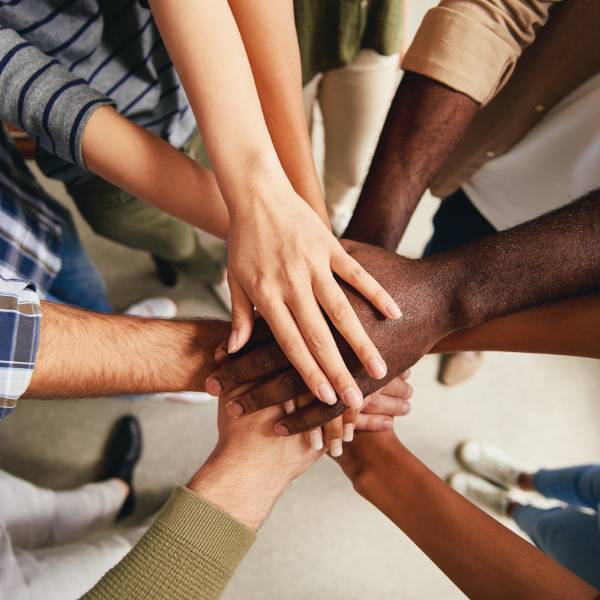
A diverse and inclusive workplace is one in which employees from different backgrounds, genders, races, cultures, ages and abilities are encouraged to share their ideas, knowledge and skills. It’s a cultureThe characteristics and knowledge of a particular group of people, including religion, food, clothing, language, music, arts, social habits, and other factors. where people can bring their whole selves to work, knowing that they will be accepted and valued for who they are.
Critical for organisational success, diversityThe deliberate inclusion in a group or activity of people who are, for example, of different cultures, gender identities, sexual identities, ages, financial statuses and religions. and inclusionThe act of including a person as part of a group with equal opportunities, equity and resources, who might otherwise be excluded or marginalised. training helps people to work together in a more productive and open way. With these principles embedded into cultureThe characteristics and knowledge of a particular group of people, including religion, food, clothing, language, music, arts, social habits, and other factors., values, and day-to-day practices, this encourages employee engagement, creativity, innovation, problem-solving, and better decision-making, whilst nurturing and retaining diverse talent who know their voice will truly be heard.
In this engaging session, you’ll explore what neurodivergent-affirming language truly means—and what it isn’t. Learn how the words we choose can either empower or exclude individuals with autismA complex developmental condition which can significantly affect verbal and non-verbal communication and social interaction in a range of ways., ADHD, and other neurocognitive profiles. This workshop provides a deeper understanding of the psychological impact of language and equips you with practical tools to promote inclusivity in your workplace or community.
Spend an additional hour with our facilitators actively drafting a neurodivergent-affirming workplace policy, language guide for HR and marketing, or another relevant project tailored to your organisation’s needs.
This masterclass is perfect for parent-carer community groups, church groups, therapists, educators, youth workers, social workers, public service professionals, HR and marketing teams, and policy-makers.
Empower your team and transform the way you communicate – book your Masterclass today! To enquire about pricing or book a session, please click here.
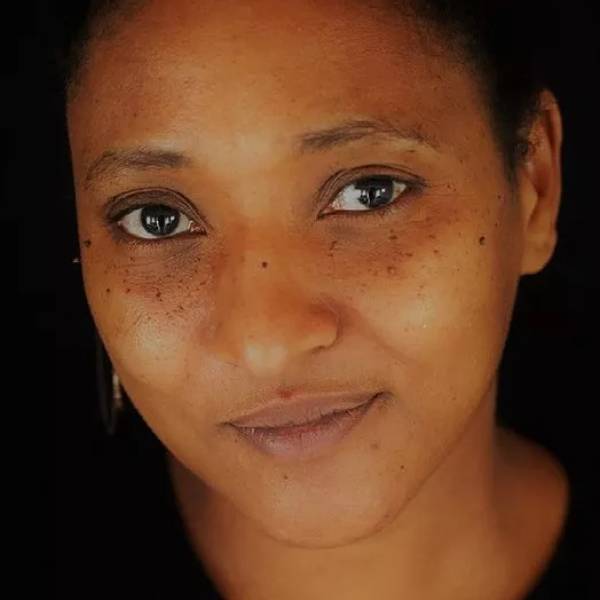
Kyra is a BACP registered integrative counsellor using art therapy, a lecturer in Counselling & Psychotherapy at Kingston College, London, and a former member of the Croydon SEND Parent Forum Steering Group.
She has worked with vulnerable children and young people for over 15 years in schools, pupil referral units, youth groups, colleges, social enterprises and youth arts projects as a youth worker, welfare and enrichment department head, and mental health worker.
She is a member of the BACP (British Association of Counselling and Psychotherapy)The professional association for members of the counselling and psychotherapy professions in the UK., has a PG Cert. in Counselling, an Advanced Diploma in the Therapeutic Application of the Arts, and a Level 7 Diploma in Supervision.
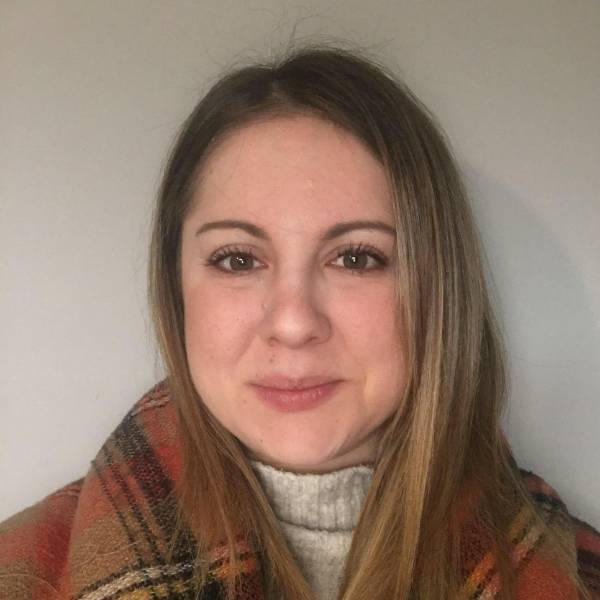
Marissa Green is a qualified professional specialising in dramatherapy, mental health, and Autism Spectrum Conditions. Marissa is Head of Impact, Outcomes and Evaluation at NeuroTribe UK, and is currently studying for a Professional Doctorate.
With experience in diverse settings, including education and Higher Education, the NHS, and mental health recovery, Marissa brings a wealth of expertise to her work.
As an Autism Specialist Practitioner trained in Adapted Cognitive Behavioural Therapy, Marissa excels in supporting neurodivergent clients. She tailors her approach to meet their specific needs, incorporating visual aids, adapting activities, and addressing sensory requirements.
In addition to her clinical work, Marissa is actively involved in lecturing on dramatherapy. She also contributes to the academic field through her publications, focusing on topics such as diversity within the Jewish community and communities of colour.
Marissa’s commitment to actively inclusive practice is paramount. With a non-judgemental stance, she creates a safe and supportive environment for her clients, valuing their uniqueness and tailoring interventions accordingly. Marissa’s ethical approach, combined with her extensive knowledge and experience, allows her to provide compassionate and effective support to individuals seeking help with their mental health and well-being.
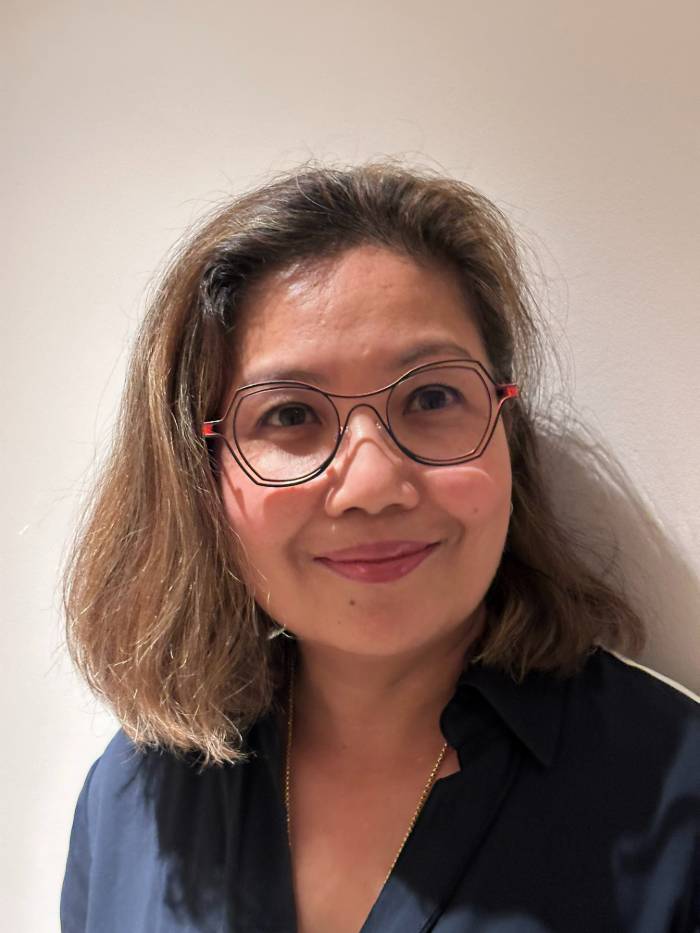
Inspired by her own experiences as a parent and a special educator, Yasodha founded All Hands Together in 2012. This organisation provides personalised support to children who learn differently and their families. Her approach goes beyond traditional labels, emphasising individualised support that focuses on each child’s unique strengths.
As a skilled Neurodiversity Facilitator and Coach, Yasodha helps organisations create inclusive, supportive spaces for neurodivergent individuals, with attention to mental health and intersectionality.
Yasodha’s approach is grounded in a deep understanding of the unique strengths and challenges faced by neurodivergent individuals. She guides teams towards fostering meaningful connections, offering workshops, one-on-one coaching, and tailored strategies. Through her work, Yasodha empowers professionals using a person centred approach to develop essential skills such as self-awareness, effective communication, and emotional regulation.
Yasodha holds an Advanced Diploma in Coaching and a Master’s in Education. She is a CCET-certified member of the British Psychological Society, a qualified Mental Health First Aider, and holds a Level 3 Safeguarding Certificate.
Yasodha will be offering a pilot parent-carer and neurodivergentAn individual whose brain functions differently from the (usually neurotypical) perception of what is “normal”. For example, an individual with autism, Asperger’s syndrome, dyslexia, dyscalculia, dyspraxia, ADHD, OCD or Tourette Syndrome. coaching programme for NeuroTribe UK soon. To register your interest, please click here.
To find out more about how DiversityThe deliberate inclusion in a group or activity of people who are, for example, of different cultures, gender identities, sexual identities, ages, financial statuses and religions. & InclusionThe act of including a person as part of a group with equal opportunities, equity and resources, who might otherwise be excluded or marginalised. Training could benefit your organisation, book your free 20 minute advice call, email us, or send us a contact form using the button below.